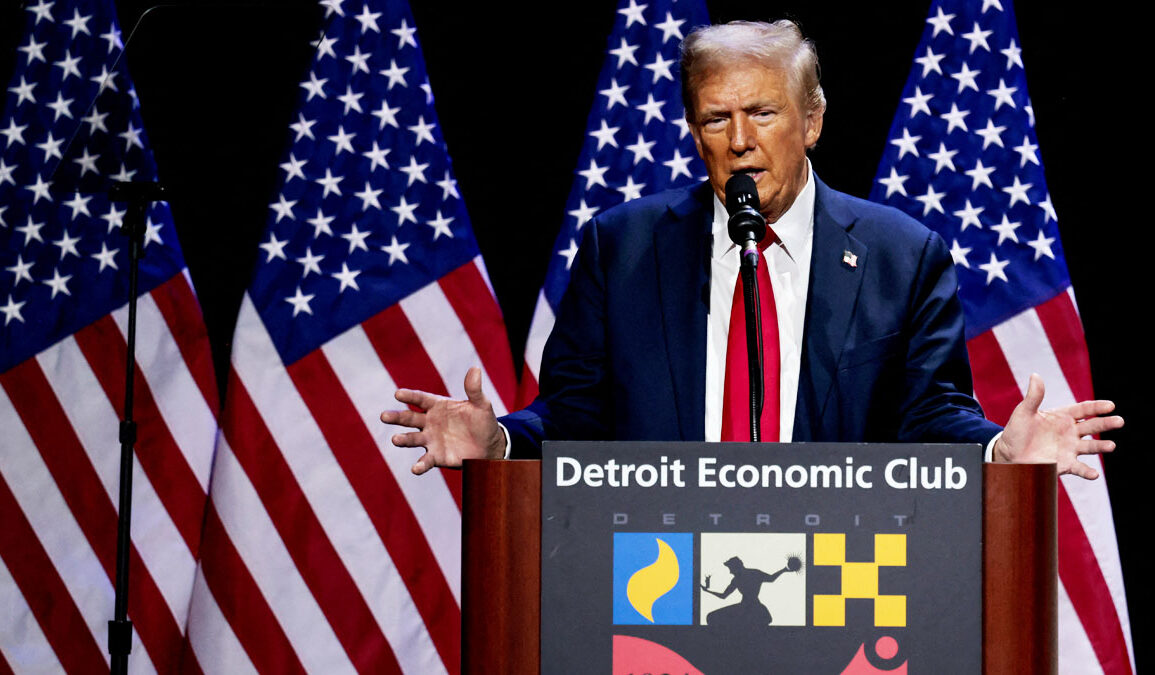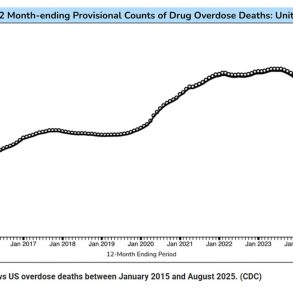President-elect Donald Trump has vowed to deliver the “largest tax cuts in the history of our country” by the end of next year. With many provisions of his 2017 Tax Cuts and Jobs Act (TCJA) set to expire at the end of 2025, the promise comes at a critical juncture for American taxpayers, businesses, and the federal deficit. But what exactly do these proposed cuts entail, who stands to benefit, and what are the concerns raised by critics?
How Much Will the Cuts Be?
Trump’s proposed tax plan could cost upwards of $8 to $10 trillion over the next decade, doubling the total cost of federal COVID-19 relief spending. Extending the TCJA provisions alone would add approximately $4 trillion to the deficit over ten years, with additional proposed cuts—including a reduced corporate tax rate and exemptions for Social Security income—piling on even more.
Which Taxes Are Getting Cut?
The most significant changes proposed include:
- Corporate Tax Rate: Trump aims to reduce the corporate tax rate from 21% to 15%, a move estimated to cost $1 trillion over ten years.
- Individual Tax Brackets: Current individual tax brackets, established under the TCJA, are set to revert to pre-2017 levels if not extended.
- Child Tax Credit: The maximum credit could drop from $2,000 to $1,000 per child if provisions are not extended. It has been proposed to raise this to over $5000
- State and Local Tax (SALT) Deduction: Trump has floated removing the current $10,000 cap on SALT deductions.
- Social Security Income: Trump has promised to eliminate taxes on Social Security benefits.
- Tips and Overtime Pay: He proposes to exempt tips and overtime pay from taxation.
What Do Critics Say?
Economists and fiscal watchdogs have sounded alarms over the potential consequences of extending and expanding Trump’s tax cuts:
- Federal Deficit: The deficit could balloon by $8-10 trillion over the next decade.
- Economic Inequality: Critics argue the cuts disproportionately favor corporations and wealthy individuals.
- Tariffs as Offsets: Trump has suggested tariffs on imported goods to offset tax cut costs, but these are effectively taxes on American consumers, raising household expenses by an estimated $1,500 annually.
- Uncertain Legislative Path: With a narrowly divided Congress, passing sweeping tax reform remains a significant challenge.
But remember that Elon Musk and Vivek Ramaswamy will be acting through the, yet to be official, Department of Government Efficiency, to reduce government waste and spending. This is unprecedented, and throws a wrench into any predictions on deficits.
What Happens Next?
With the TCJA provisions set to expire in 2025, Congress faces a tight timeline to address tax policy. While Republicans hold a slim majority, internal divisions and opposition from Democrats could complicate the path forward.
Financial experts advise taxpayers—particularly high earners and business owners—to prepare as though the TCJA provisions will expire. Whether Trump’s bold promises translate into reality will depend on political will, legislative strategy, and economic conditions in the coming year.








